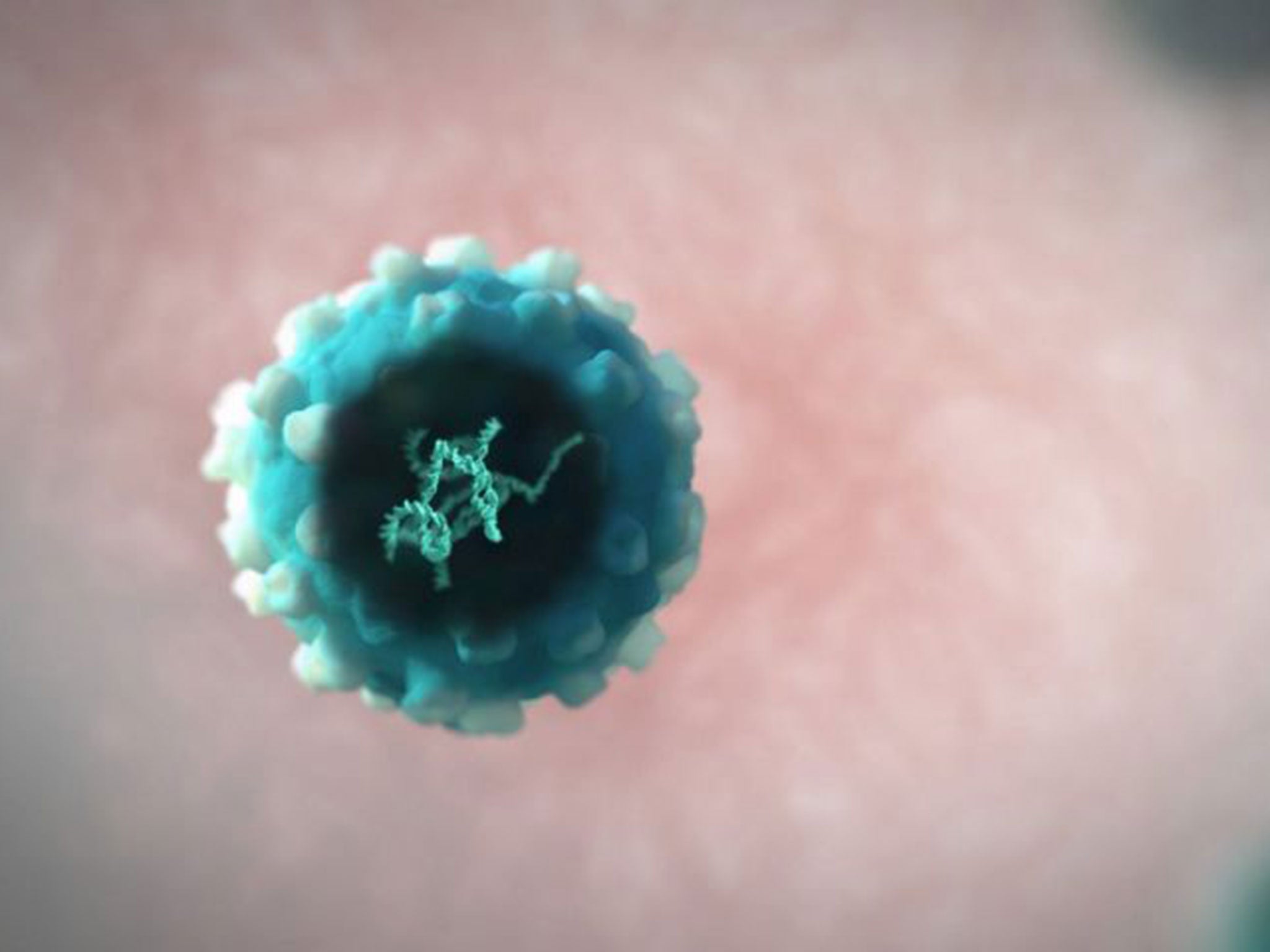Anti-ageing pill that could see humans living up to a decade longer moves a step closer following discovery
Study finds switching off protein molecules - known as GSK-3 - could prolonge life

Your support helps us to tell the story
From reproductive rights to climate change to Big Tech, The Independent is on the ground when the story is developing. Whether it's investigating the financials of Elon Musk's pro-Trump PAC or producing our latest documentary, 'The A Word', which shines a light on the American women fighting for reproductive rights, we know how important it is to parse out the facts from the messaging.
At such a critical moment in US history, we need reporters on the ground. Your donation allows us to keep sending journalists to speak to both sides of the story.
The Independent is trusted by Americans across the entire political spectrum. And unlike many other quality news outlets, we choose not to lock Americans out of our reporting and analysis with paywalls. We believe quality journalism should be available to everyone, paid for by those who can afford it.
Your support makes all the difference.An anti-ageing pill that could help us live up to a decade longer has moved a step closer with the discovery of a key component of the ageing process.
Protein molecules – known as GSK-3 – are responsible for shortening our natural lives, according to a new study which suggests that life could be prolonged by effectively switching them off.
Experiments with fruit flies – which also have the GSK-3 protein – found that the molecule could be inhibited by low-level lithium use, which extended their lives by 16 per cent.
This has raised hopes that lithium – or more likely another, similar drug with fewer side-effects – could eventually be turned into a tablet to prolong human life.
And perhaps more importantly, knowledge of the molecule could also unlock the secret to pushing back the onset of age-related diseases such as Alzheimer’s, diabetes, cancer and Parkinson’s, said Dr Jorge Ivan Castillo-Quan, lead author of the study.
“We’re excited about GSK-3. It could mean that all sorts of diseases related to ageing could be prevented for the near future if it was to become a therapy starting in middle age. I think that’s an even more exciting perspective than life extension,” he said.
“There’s a lot of controversy about lifespan extension. But this also concerns extension of health. For example if this drug could delay Alzheimer’s from the age of 75 to the age of 90 that would be extremely good. We don’t necessarily want to live to 110 or 120 but we want to live healthier for longer,” said Dr Jorge, who conducted the research at University College London and has since moved to Harvard University.
He cautions that a GSK-3-related anti-ageing pill is unlikely within the next ten years and may not be available for several decades. When it does appear it could potentially extend life by around seven to ten years, he said.
Although any anti-ageing pill could use lithium it is more likely that various other drugs still under development that perform broadly similar functions would be used. This is because lithium, a therapy for bipolar disorder, can have side-effects such as making people feel dazed and fatigued.
The researchers will now conduct GSK-3 research in more complex animals such as mice before moving on to primates and then humans.
The Max Planck Institute for Biology of Ageing and the European Molecular Biology Laboratory were also involved in the research, which is published in the journal Cell Reports.
Join our commenting forum
Join thought-provoking conversations, follow other Independent readers and see their replies
Comments